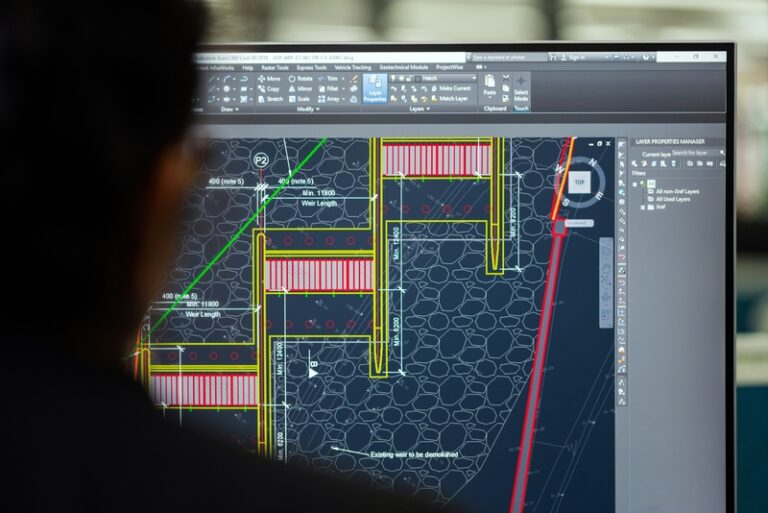
Deep in thought, a startup founder reviews plans to decide if joining an accelerator is the next smart move.
If you’re thinking about launching a startup or you’re already knee-deep in building one, chances are you’ve heard about startup accelerators. They’re kind of like those crash courses for startups, intense, fast-paced, and packed with resources to help you grow quickly. But here’s the question: Are these programs worth your time and equity? Or are they just another buzzword?
Let’s break it down. By the end, you’ll have a clearer picture of what accelerators do, what to expect, and how to decide if signing up for one in 2025 makes sense for your startup.
What Exactly Is a Startup Accelerator?
Before diving into the pros and cons, it helps to understand what a startup accelerator is. Think of an accelerator as a short, focused program designed to speed up the growth of early-stage startups. Usually lasting anywhere from a few weeks to a few months, accelerators provide startups with mentorship, training, and sometimes a small investment.
But accelerators aren’t the same as incubators. While incubators often offer longer-term support and space to work (sometimes months or even years), accelerators are more about rapid growth, pitching your startup to investors, and scaling fast.
They typically culminate in a “demo day” where startups present their progress to potential investors, partners, and the broader startup community. That’s the big moment when you can catch the eye of someone who could seriously help push your business forward.
Why Do Startups Join Accelerators Anyway?
You might be wondering, “What’s in it for me if I join an accelerator?” Good question. Here’s what many startups get from these programs:
Mentorship That Really Matters
One of the biggest perks is access to experienced mentors. These aren’t just random advisors, they’re often successful entrepreneurs, investors, or industry veterans who’ve been through the startup grind. Having someone who’s been there, done that can save you from costly mistakes and open doors you didn’t even know existed.
Networking Galore
Accelerators bring together a whole bunch of people, fellow startups, investors, potential customers, and experts, all under one roof. That kind of concentrated networking can be a game changer. You get to build relationships that might lead to partnerships, funding, or valuable feedback.
Funding Opportunities
Many accelerators provide a small amount of seed funding in exchange for equity (ownership in your company).
While the amount might not be huge, the real value often lies in the connections to bigger investors that come after. The demo day is your chance to pitch, and if you nail it, more money might follow.
Intensive Training
Accelerators offer workshops and sessions on everything from marketing and product development to legal issues and financial planning. If you’re new to running a business, this crash course can be incredibly useful. It’s like boot camp for startups.
But It’s Not All Sunshine, What Are the Drawbacks?
Okay, so accelerators sound great, right? But let’s be real, they aren’t perfect. Here are a few things to keep in mind:
Giving Up Equity
Most accelerators ask for a slice of your company in exchange for their support and funding. That means you’re handing over some control and ownership. For some founders, especially early on, that can feel like a big ask. You have to ask yourself if the trade-off is worth it.
Time and Energy
These programs are intense. You’ll be working hard, attending sessions, meeting mentors, and prepping pitches. If your startup is already stretched thin, committing to an accelerator can be a serious time sink. Is now the right moment to double down on growth, or should you focus on steady progress?
Not a Perfect Fit for Every Startup
Not all accelerators are created equal, and some specialize in certain industries or stages. If you’re working on something very niche or complex, you might find the program less useful. Sometimes, it’s better to look for support that aligns with your business goals.
Overpromising and Underdelivering
There’s a bit of hype around accelerators. Some startups sign up expecting instant success, only to find the program doesn’t deliver the magic they hoped for. It’s important to keep your expectations realistic and do your homework before jumping in.
So, What Should You Look For in an Accelerator Today?
With so many programs out there, how do you pick one that’s worth your time? Here are a few things to consider in 2025:
Focus and Specialization
Some accelerators are industry-specific, like fintech, health tech, or clean energy, while others are more general. Choosing a program that matches your startup’s field can provide more relevant mentorship and connections.
Quality of Mentors
The best accelerators have mentors who are truly engaged and have real experience. Find out who’s involved and whether they’ll be accessible. Sometimes, a small program with dedicated mentors beats a huge one with superficial support.
Post-Program Support
Does the accelerator just throw you into the deep end after a few months, or do they offer ongoing help? Some programs maintain alumni networks, offer follow-up funding, or provide resources long after demo day.
Track Record Without Getting Too Specific
While you won’t be hearing success stories here, you can look at how many startups typically graduate and keep growing. A good accelerator should have a decent percentage of startups that continue beyond the program.
Alignment With Your Stage and Goals
If you’re just starting, an early-stage accelerator might be right. But if your business is already gaining traction, you might want to look for a program geared toward scaling or growth-stage startups.
So, Are Startup Accelerators Worth It in 2025?
Here’s the truth: it depends. There’s no one-size-fits-all answer.
If you’re an early-stage startup founder who wants mentorship, networking, and a push toward funding, an accelerator can be a huge boost. But if you’re worried about giving up equity or the program’s pace feels overwhelming, it might not be the right move yet.
You also have to consider your own business goals, your team’s bandwidth, and whether the program’s focus aligns with your vision.
There are plenty of alternative ways to grow your startup these days, too. You can join local entrepreneur groups, seek out independent mentors, attend industry conferences, or even find virtual accelerator programs with more flexible commitments.
How to Decide If an Accelerator Is Right for Your Startup
Before you dive in, ask yourself these questions:
- What do I want most right now, mentorship, funding, networking, or training?
- Am I ready to give up equity for these benefits?
- Does this accelerator focus on my industry and business stage?
- Can I commit the time and energy needed without hurting other parts of my business?
- What support does the program offer after it ends?
Take your time researching each option. Talk to alumni, read reviews, and get a feel for the community and culture. The right accelerator should feel like a good fit, not just a shiny opportunity.
Wrapping It Up
Startup accelerators can be powerful tools for growth, but only if they match your startup’s needs and your own goals. In 2025, the startup landscape is more dynamic than ever, with plenty of options to explore.
So, are accelerators worth it? For some, absolutely. For others, not so much. The key is understanding what you want, what you’re willing to give, and how an accelerator fits into your big picture.
After all, building a startup is a journey, and choosing the right support along the way can make all the difference.
If you’re weighing your options, remember: there’s no rush.






